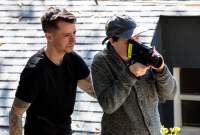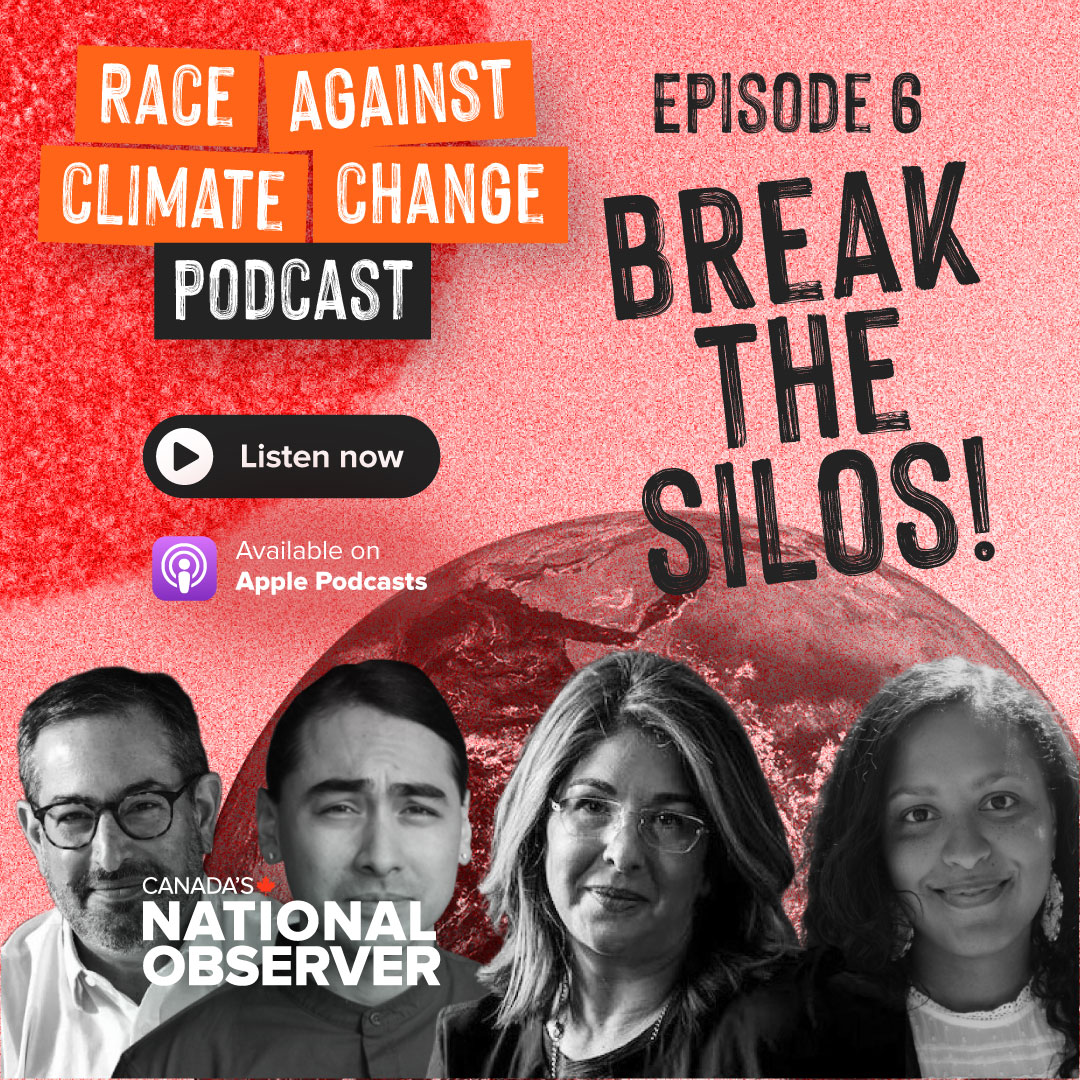Support strong Canadian climate journalism for 2025
It’s the "top of the funnel" in the startup parlance used by the head of the DMZ incubator, but recent graduate Omar Abul Ata shows that a year or so later, one could be planning their business launch and future expansion.
The free Launchpad for Entrepreneurs suite of on-demand videos and other learning content the university previously known as Ryerson launched on Tuesday is suitable for interested high school and post-secondary students or founders seeking to improve aspects of their young business, says Abdullah Snobar, executive director of DMZ and CEO of its for-profit investment arm DMZ Ventures.
His hope is the tools provide thousands of young and aspiring entrepreneurs with a taste for startup life, some of whom might go on to join one of the incubator’s more intensive programs or seek a tech or startup career in the way Abul Ata did.
The young Toronto transplant is waiting on final production checks on a video to promote his fashion rental app RESERVE, which aims to connect photographers and other creatives with the fashion and designer items they need for shoots and other work.
“You take AirBnb and you add LinkedIn and you take them to Fashion Week and this is where RESERVE is,” says Abul Ata, laughing about how polished his pitch has become.
The young retail management graduate, who was born in Egypt and grew up in Dubai before coming to Toronto, joined the DMZ’s Basecamp last summer, with his cohort featuring 26 businesses, including seven high school teams, going through “an eight-week crash course in startup 101.”
The DMZ’s Snobar says that with the backing of Desjardins, the expansion aims to give more people early career access to DMZ.
“Ultimately, we just want to build a great program that is relevant, customized for individual needs (and for people) to explore on their own,” he said. “At this stage, I will say the more, the merrier.”
He says that the perception of startups as a more risky career move is becoming weaker as overall uncertainty prevails and a lot of Canadian startups have recently raised substantial funding.
There is significant demand, he says, with DMZ receiving hundreds of applications for its programs every couple of months.
“We have unleashed so many new problems since the pandemic,” Snobar said, and a lot more people looking to solve those problems. “If we had 1,000 problems pre-pandemic, we have another 10 million now.”
Abul Ata won a top five cash prize of $2,500 in the Basecamp program and in the past six months has developed a beta version of the app he is testing with both sides of the marketplace.
Participants in that program spend between 20 and 30 hours a week in lectures learning to develop a business idea, defining its persona, and considering its legal status, marketing approach and financing needs.
The campaign he’s readying for launch features 15 models and 30 looks, with all the pieces featured available for rent at launch, Abul Ata told Canada’s National Observer.
He’s gotten 16 vendors to contribute 500 listings so far, including five independent Canadian designers, two Canadian boutiques and three Canadian fashion archivists, and is aiming for up to 1,000 by launch.
While he has mostly focused on getting Toronto’s creative scene connected via the app for now, Abul Ata is ready to do the same in New York, London, Los Angeles and Miami.
Abul Ata is making use of an Instagram page, Fracture.TO, which he initially started anonymously as an employee of Louis Vuitton shooting photos of the VIP and one-off pieces he came in contact with.
“Without Fracture, I don’t have a network,” he said, noting the page got a boost from the late Virgil Abloh, who reposted one of his photos early on. “Fracture is how I was able to DM all these designers, the photographers, the stylists, the companies, how I’ve been able to build these industry connections.”
Morgan Sharp / Local Journalism Initiative / Canada’s National Observer






Comments